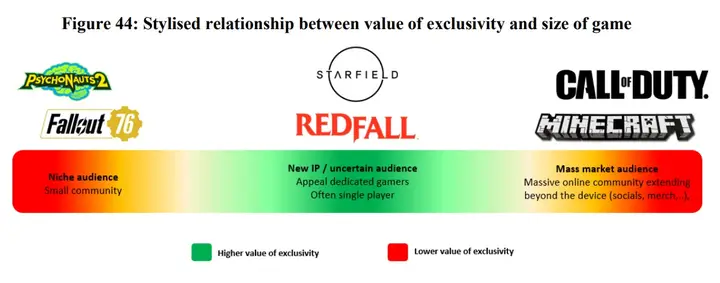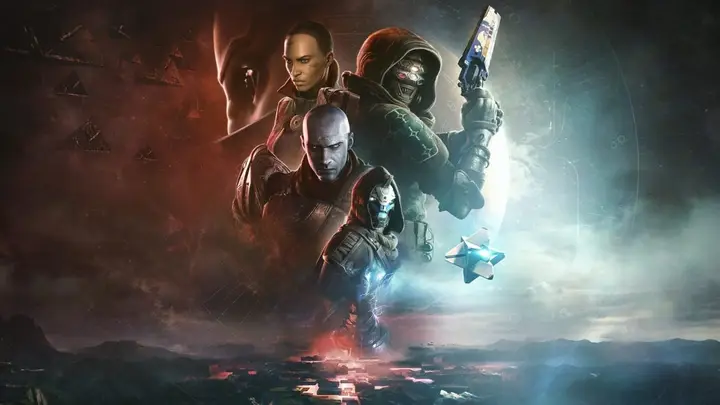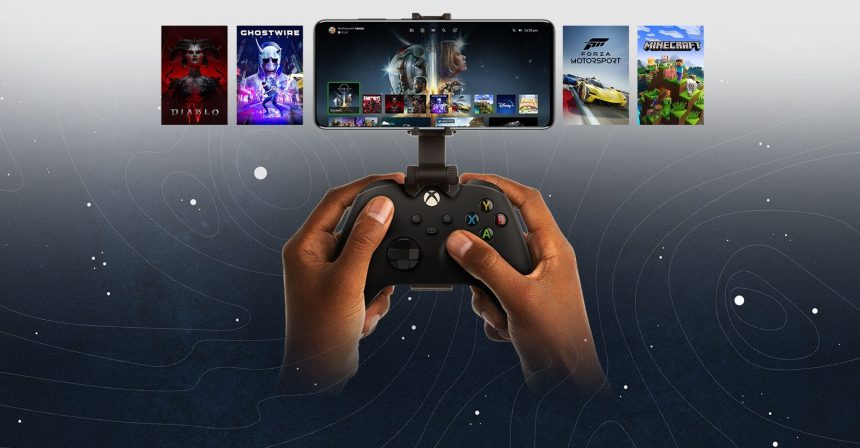Microsoft made a significant announcement yesterday, confirming recent rumors about its expansion across multiple platforms. The company revealed plans to release a selection of first-party games on rival consoles in the near future, marking a notable departure from its traditional exclusivity approach.
While Microsoft did not specify which games would be included in this multiplatform release, it clarified that titles such as Starfield and Indiana Jones, mentioned in previous reports, would not be part of the lineup. Based on available information and speculation, it’s likely that games like Sea of Thieves, Hi-Fi Rush, Pentiment, and Grounded could be among those made available on other platforms.

The news sparked varied reactions within the gaming community. Some viewed it as a logical business move, while others expressed concerns about the implications for platform exclusivity and brand loyalty. This move is unprecedented in an industry where platform holders typically keep their games exclusive to their own systems.
Microsoft’s decision to expand its multi-platform offerings comes in the wake of previous deals to bring popular titles like Call of Duty to various platforms, including PlayStation, Steam, and Nintendo consoles.
While Microsoft has previously published games like Psychonauts 2 and Pillars of Eternity on Sony platforms, the current expansion represents a broader approach to making its catalog available to a wider audience.

The company’s stance on exclusivity has evolved, with a focus on maximizing the reach of its mid-tier catalog while reserving exclusivity for certain high-profile titles like Redfall. This strategic shift aims to offer players a more diverse gaming experience across different platforms and reduce the reliance on exclusives as a competitive advantage.
The inclusion of popular franchises like Call of Duty in Microsoft’s Game Pass subscription service may attract more users, but the impact remains uncertain. While Game Pass offers value and flexibility to players, it may not be the sole factor influencing console purchasing decisions.
Microsoft’s move also reflects broader trends in the gaming industry, where games-as-a-service titles and cross-platform play are increasingly prevalent. The emphasis on engagement and player retention has led to a reevaluation of traditional exclusivity models and a greater focus on multi-platform accessibility.

Sony, Microsoft’s main competitor in the console market, has also adapted its strategy, investing in live service games and exploring multi-platform releases. This shift highlights the evolving nature of the gaming landscape and the need for companies to adapt to changing consumer preferences and market dynamics.
Microsoft’s decision to expand its multi-platform offerings signifies a significant departure from traditional console exclusivity models. While the long-term implications remain to be seen, it reflects a broader shift in the gaming industry towards greater accessibility and flexibility for players across different platforms.







